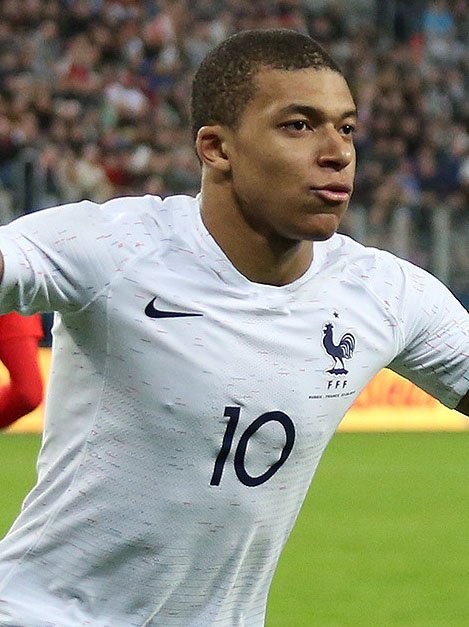Canada clinched a nail-biting 3-2 overtime win against the United States in the 4 Nations Face Off final in Boston. The game was much awaited, with the cream of the crop players from both nations facing each other. It was a clash of talent, grit, and national pride.
Canadian fans erupted in celebration as their team claimed victory. This win was particularly significant given the recent political tensions between the two nations. Prime Minister Justin Trudeau fueled the excitement by taking a jab at former US President Donald Trump. He posted on social media, “You can’t take our country – and you can’t take our game,” referencing Trump’s previous comments about Canada possibly becoming the 51st US state.
The triumph was a unifying moment for Canadians, who are very proud of their hockey history. Hockey is not only a game in Canada—it is embedded in the country’s culture and identity.
Political Tensions and Protests
This game between the hockey teams was held at a time when there were growing tensions between Canada and the US. Trump had offered remarks on Canada being included in the US, which infuriated the Canadians. All these remarks, along with continuous trade rows, have created a strain in relations.
During the game, Canadian spectators booed the US national anthem as a sign of their discontent. Some interpreted it as a reaction to Trump’s comments, while others viewed it as an exhibition of national pride. Further controversy was added by Canadian artist Chantal Kreviazuk when she changed the lyrics of “O Canada” during her performance. Rather than singing “in all of us command,” she sang “that only us command,” making a quiet political commentary.
She later clarified that her action was deliberate and was meant as a protest against the misuse of power. Her action was highly debated, with some being in support of her move but others expressing the opinion that politics should be left out of sports.
In spite of the political tensions, the game itself was a dazzling spectacle. Fans saw a high-intensity game with some of the greatest players from both sides. Canadian greats such as Connor McDavid and Mitch Marner played against US stars such as Auston Matthews and Jack Eichel. The game was a display of skill, speed, and tactics.
Many hockey analysts considered this final a dream matchup, as it had been over a decade since the best players from Canada and the US faced off in such an important game. It was a rare opportunity to see the two powerhouse teams battle for supremacy on the ice.
A Historic Win for Canada
Canada’s victory was a cause for national pride. The winning goal, scored by Connor McDavid in overtime in sudden death, brought Canadian fans to the point of celebration. The atmosphere inside the arena was charged with electricity, as visiting Canadian fans cheered for their team’s hard-won victory.
To Canadians, hockey is not only a game—it’s their national identity. Through the years, hockey has been the focal point of some of the most nationalistic moments in the nation’s history. One of the most iconic was Sydney Crosby’s golden goal at the 2010 Winter Olympics in Vancouver, which is still a source of national pride for Canadian sports enthusiasts.
Traditionally, Canada has dominated ice hockey over the US. The two nations have played each other 20 times in high-level tournaments since 1976, and Canada has taken 14 of those games. This most recent victory cemented Canada’s hockey dominance, making the win all the more satisfying to fans.
Former US President Trump didn’t watch the game, but he wished the American team good luck prior to the match. Following the match, he reiterated his assertion that Canada could “someday, maybe soon, become our beloved and very significant, Fifty-First State.”
For Canadians, though, this win was not only about hockey—it was about pride, unity, and remaining steadfast in the face of political adversity. The game was a symbol of national fortitude, once again demonstrating that hockey is Canada’s game.



